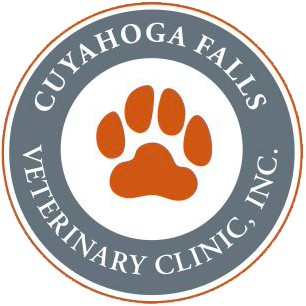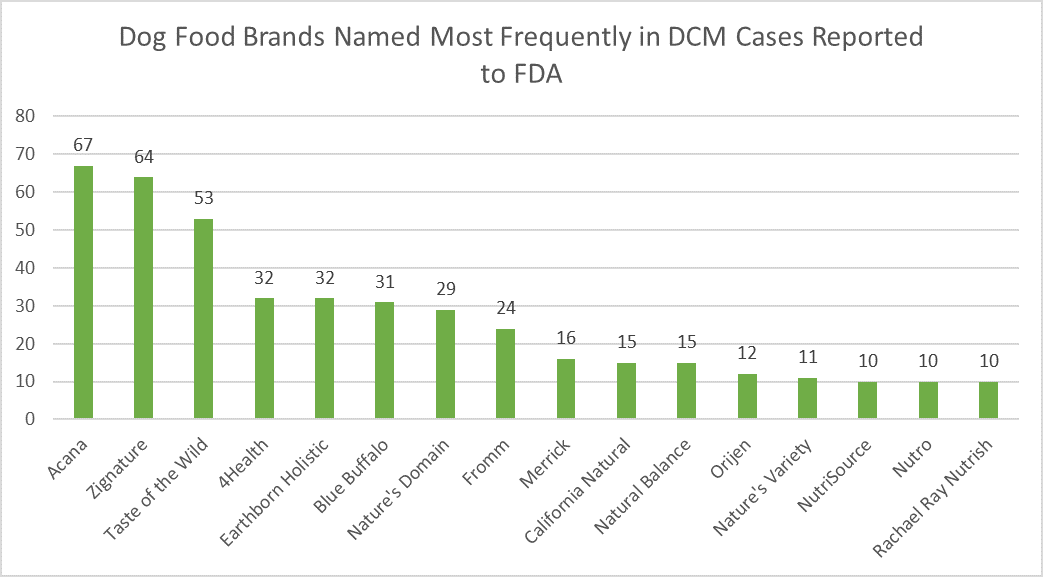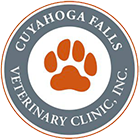[Veterinarian’s Note: This reads much like our previous post, and includes updates from late June.]
There are hundreds of pet foods on the market, and everyone online and in the store aisles seems to have an opinion about what diet is best. We at the Cuyahoga Falls Veterinary Clinic recommend providing diets manufactured by companies which comply with ALL the recommendations set by WSAVA for animal feed companies. A summary of these criteria are:
- Employing board certified veterinary nutritionists full time to formulate their diets, and making them available for consultations and questions.
- Diet(s) are tested using AAFCO feeding trials, by nutrient analysis. Look for the following on the label under the ingredients and guaranteed analysis:
“Animal feeding tests using AAFCO procedures substantiate that <this food> provides complete and balanced nutrition for <this specific life stage>.”
- They have specific quality control measures in place to assure the consistency and quality of their product line.
- They have full control over the plants and factories where their foods are produced and manufactured, and allow visitors.
- They provide a complete product nutrient analysis for the dog and cat food of interest, including digestibility values.
- They provide the caloric value per gram, can, and/or cup of their foods.
- They conduct research on their products, and the results are published in peer-reviewed journals
Royal Canin, Purina, Iams/Eukanuba and Hills are the only pet food companies that comply with all of these recommendations as of this publication. Please check the label to be certain.
You can find the full recommendations here.
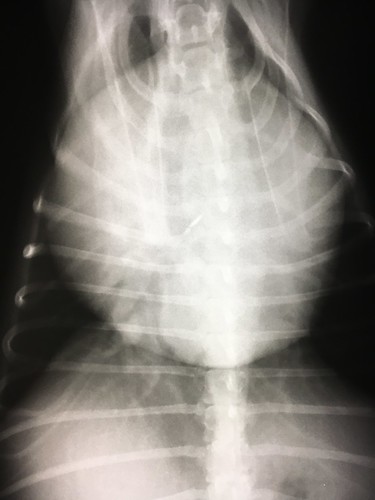
 On Thursday, June 27, the FDA released the initial findings from their ongoing investigation. We’d heard this would be enlightening, and it didn’t disappoint. Due to the link between boutique, exotic ingredient and grain-free diets (BEG, BEGFD) and an increased risk for heart disease, we do not recommend a grain-free diet for any pet that hasn’t been specifically diagnosed with a medical need for this diet by a board certified veterinary nutritionist, gastroenterologist, dermatologist, or other veterinary specialist.
On Thursday, June 27, the FDA released the initial findings from their ongoing investigation. We’d heard this would be enlightening, and it didn’t disappoint. Due to the link between boutique, exotic ingredient and grain-free diets (BEG, BEGFD) and an increased risk for heart disease, we do not recommend a grain-free diet for any pet that hasn’t been specifically diagnosed with a medical need for this diet by a board certified veterinary nutritionist, gastroenterologist, dermatologist, or other veterinary specialist.
There is much research left to be done, but at this point we encourage our clients to be wary of any foods that list in their top 5 ingredients – pea, sweet potato, lentil, potato and chick pea as these ingredients are also under investigation as having a potential link to an increased risk for dilated cardiomyopathy (DCM) and/or taurine deficiency (a deficiency which cannot necessarily be satisfied by supplementing the food). The Cardiology Service at the University of California Davis has recommended that if you are going to feed a diet containing any pea, potato, legume, and pulse ingredients, they should be listed after the meat and grains on the ingredient list and that there are no more than two in total.
Information about this form of heart disease as it relates to nutrition can be found from a group of veterinarians and from the FDA.
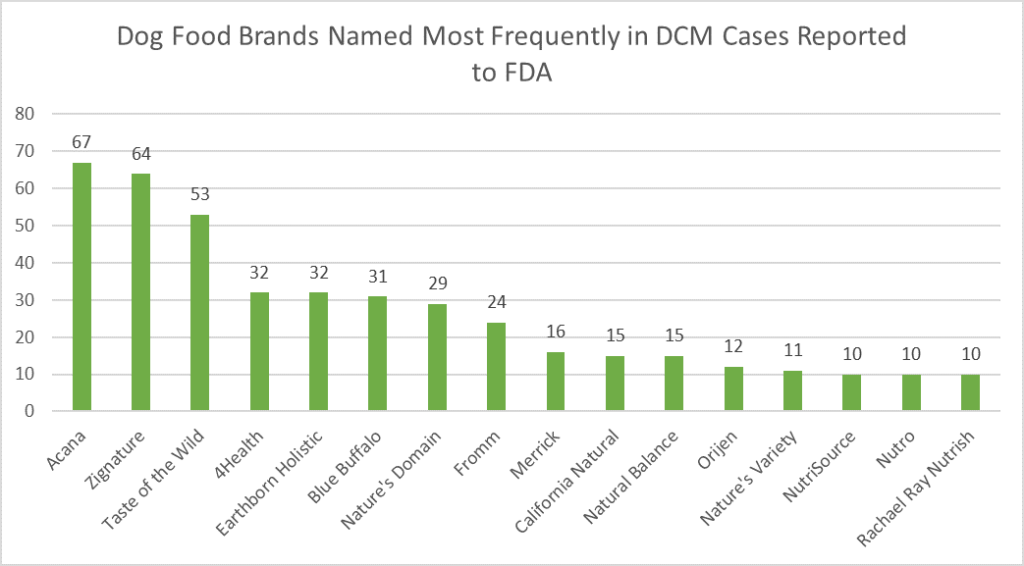
Be aware that all the foods currently under investigation have been “formulated to meet the nutritional levels established by the AAFCO Dog (or cat) Food Nutrient Profiles.” Some of the foods currently under investigation may conduct AAFCO feeding trials, but as of this posting none meet all the WSAVA recommendations. We routinely recommend feeding your pet a diet that was specifically formulated for their life stage (puppy, kitten, senior…) and we do not recommend food that has been formulated “for all life stages.”
If you have any questions about your dog’s diet, particularly as it relates to the grain-free movement, or if you are wondering if your dog may have an emerging heart condition, please schedule a time to meet with one of our doctors.
